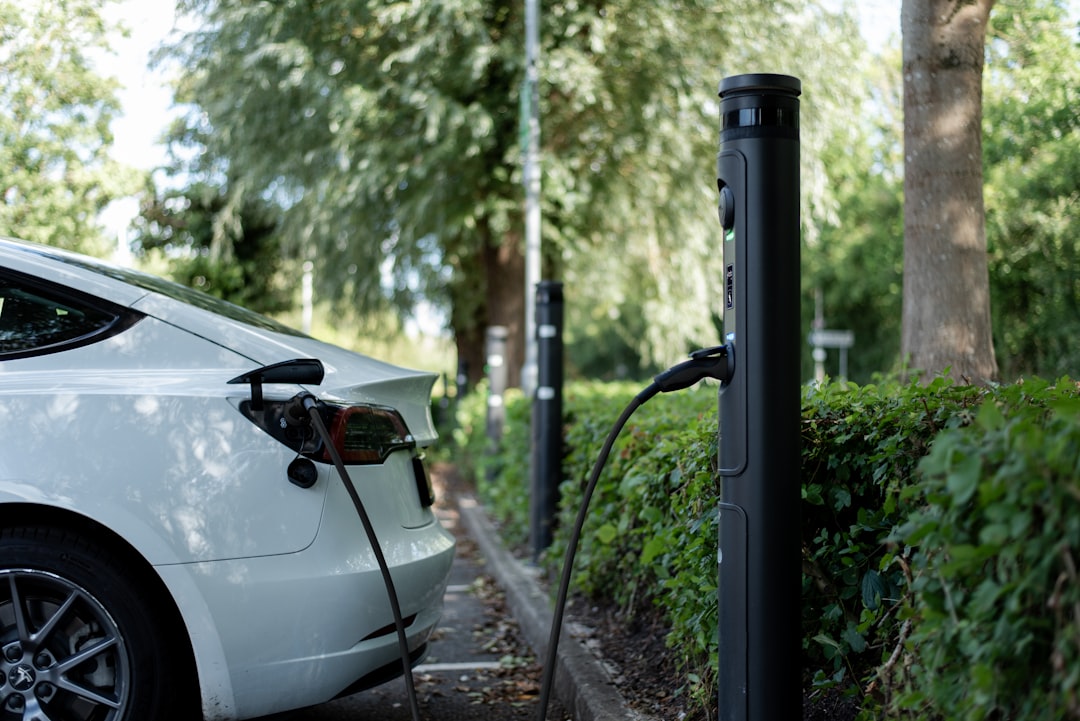In 2023, China emerged as the undisputed leader in electric vehicle (EV) manufacturing, with over 50% of the world’s EVs produced within its borders. This dominance is not just reshaping the global auto industry but also influencing international politics. As countries worldwide race to adopt electric mobility, understanding China’s strategic position in the EV market is crucial. In this article, we will explore how China’s EV prowess is affecting global auto industry politics, the implications for other nations, and what the future might hold for this rapidly evolving landscape.
The Rise of China’s EV Industry: A Powerhouse in the Making
A Historical Overview of China’s EV Growth
China’s journey to EV dominance didn’t happen overnight. The roots of this growth can be traced back to the early 2000s when the Chinese government began heavily investing in clean energy technologies. By 2019, China was already the largest market for electric cars, with companies like BYD and NIO leading the charge. By 2023, China’s EV production had skyrocketed, accounting for over half of the global output according to Reuters Mobility.
Key Factors Behind China’s EV Success
Several factors have contributed to China’s EV supremacy:
- Government Support: With generous subsidies and incentives, the Chinese government has played a pivotal role in fostering the EV industry.
- Robust Supply Chain: China controls a significant portion of the global supply chain for lithium-ion batteries, a critical component for EVs. PV Magazine reports that Chinese firms dominate battery production, with CATL and BYD leading the market.
- Innovation and Technology: Companies like BYD and NIO are at the forefront of EV technology, consistently pushing boundaries in terms of range and battery efficiency.
The Geopolitical Impact of China’s EV Dominance
China’s dominance in the EV sector is reshaping geopolitical dynamics. Countries reliant on traditional automotive industries, such as Germany and Japan, are experiencing economic shifts. Meanwhile, nations like the United States are ramping up efforts to catch up by investing heavily in domestic EV production and infrastructure, as reported by Bloomberg Green.
The Global Shift Towards Electric: How Other Nations Are Responding
Europe: A Balance of Competition and Cooperation
Europe has responded to China’s EV dominance with a mix of competition and collaboration. The European Union has set ambitious targets for reducing carbon emissions, encouraging local automakers like Volkswagen and Renault to increase their EV offerings. AutoCar notes that European countries are also engaging in strategic partnerships with Chinese companies to leverage their expertise in battery technology.
North America: Accelerating Domestic Production
In North America, the focus is on reducing dependency on Chinese imports. The U.S. government has introduced policies to boost domestic EV production, partnering with companies like Tesla and Ford EV to expand manufacturing capabilities. TechCrunch highlights how these initiatives aim to create a robust domestic supply chain, reducing geopolitical risks.
Emerging Markets: Opportunities and Challenges
Emerging markets in Africa and South America view China’s EV model as a blueprint for their own development. However, challenges such as infrastructure and policy support remain. InsideEVs reports that while these regions are keen to adopt EV technology, significant investment is needed to overcome these hurdles.
The Role of Batteries: The Heart of EV Geopolitics
China’s Battery Monopoly
China’s control over the battery supply chain gives it a strategic advantage. According to the International Energy Agency (IEA), Chinese companies supply over 70% of the world’s EV batteries. This dominance poses challenges for other nations, who are now prioritizing domestic battery production to ensure energy security.
Innovations in Battery Technology
Innovations in battery technology could disrupt China’s current dominance. Companies in Europe and the U.S. are investing in solid-state batteries and other advanced technologies. Wired reports that breakthroughs in these areas could lead to more efficient, longer-lasting batteries, reducing reliance on Chinese imports.
Practical Insights: Navigating the EV Landscape
Tips for Consumers
- Compare Models: Evaluate different EV models, considering factors such as range, charging infrastructure, and cost.
- Charging Infrastructure: Research available charging networks, especially if planning long-distance travel.
- Government Incentives: Take advantage of tax credits and incentives to lower the cost of purchasing an EV.
For Policymakers
- Invest in Infrastructure: Accelerate the development of charging stations and grid capacity.
- Support Innovation: Fund research in battery technology and alternative energy sources to reduce dependency on imports.
Conclusion: The Road Ahead for Global EV Politics
China’s dominance in the electric vehicle market is reshaping global auto industry politics, presenting both challenges and opportunities for nations worldwide. As countries strive to build robust EV ecosystems, they must navigate the complex interplay of technological innovation, geopolitical strategy, and economic policy. The future of global mobility hinges on collaboration and competition in the EV sector. Will other nations rise to challenge China’s supremacy, or will they forge partnerships to share in the benefits of a sustainable future? The road ahead is open for exploration and innovation.
As we move forward, what steps do you think countries should take to foster a balanced and competitive global EV market? Share your thoughts and join the conversation on how we can drive towards a greener, more sustainable future.

